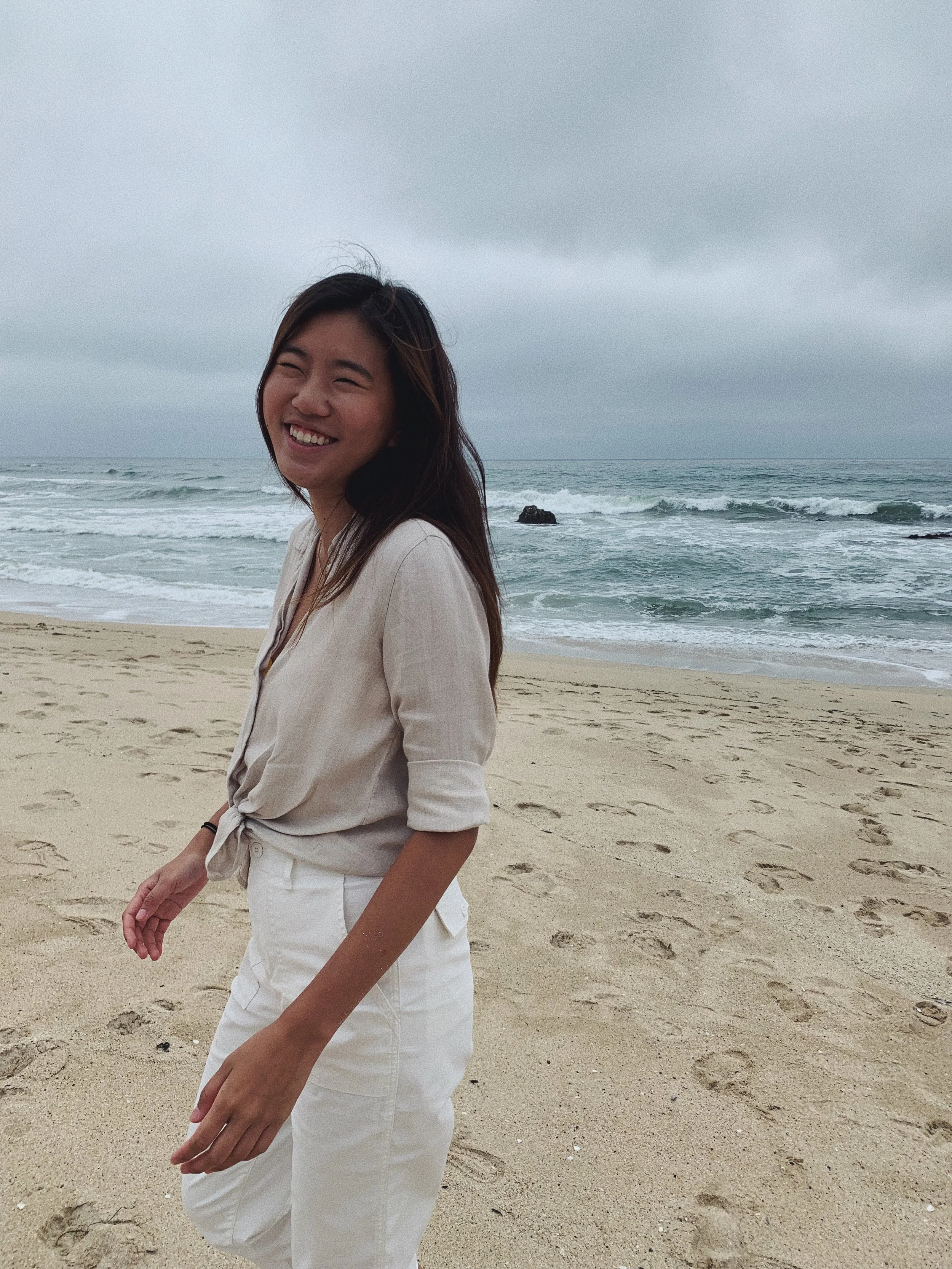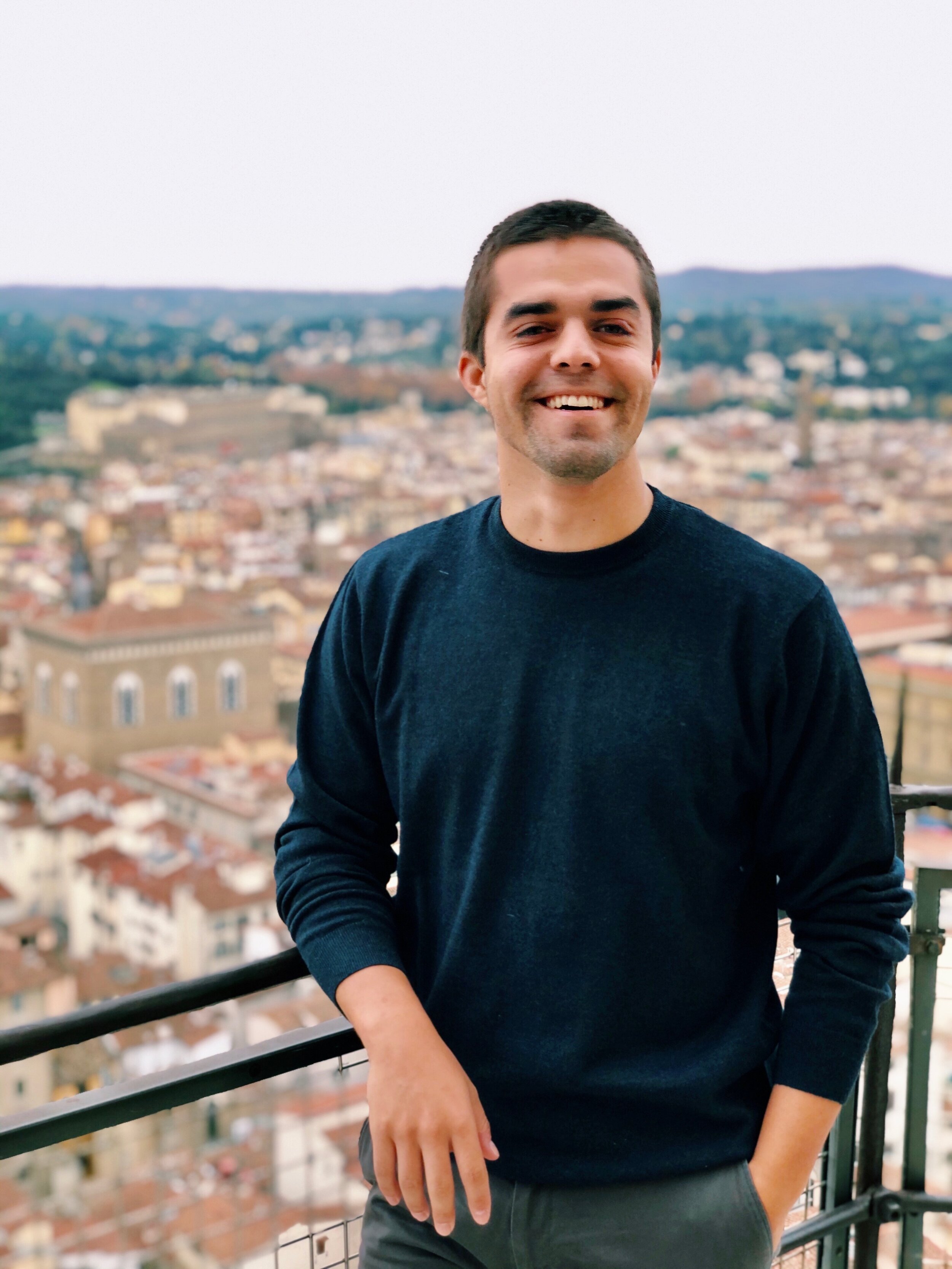Sun Paik | The Beauty of Being Human
NOVEMBER 17, 2019
She makes dinner for us in the kitchen, her hands gentle as they stir curry, fluff rice, slice and season and dip and pan-fry zucchini. The name of each dish was born an ocean away; I learned them long ago from my mother, as I suppose Sun did, from hers. Despite the thousands of miles, the words do not feel foreign when we are together.
She has made too much food, but that is the Korean way. We pile our bowls, finish every bite. I am struck by how the simple taste of zucchini fritters, jeon, elicits in us a specific memory, a specific moment. We are both reminded of New Year’s. I think of my mother standing at the stove, flipping zucchini slices with chopsticks. There are no chopsticks here, so we use forks, our fingers. Such a simple dish. When I ask Sun, later, why she loves to cook Korean food, she tells me, it tastes right. It reminds me of home.
Since we have known each other, Sun and I have been drawn together by our common heritage—the way it unlids our eyes, darkens our hair, shapes our wrists and hands. Yet I do not believe the physical experience of being Korean is what links us. Instead, she is perhaps the first person I have met who carries the burden of words and language more deeply than I do; who loves art for the world it embodies; whose thoughtful and attentive and beautiful love for humanity informs every interaction, every choice, every moment lived.
Sun says that she wants to touch lives. I am here to tell you how she has touched mine.
Born and raised in Pittsburgh, she is the only child from a family bridging the gap between Korean and American heritage; I do not believe it ever quite settled for her. English was her first language, but when she was four she moved to Korea with her mother to become fluent in Korean. Language is something that is very fraught. There are certain experiences that are better defined in Korean than they are in English, and vice versa. But it feels like I don’t know enough of either language to find those words.
She turned to writing as a way to grapple with those experiences, to express the beauty within them, to understand why they mattered. Explaining my life is something I attempt to do every day. The impossibility of that is the greatest joy. Just yesterday, she sent me a poem—eight simple lines—that took her five hours to write. Those words were so important that she spent a day putting them to paper, walking every sentence, balancing each syllable in the palm of her hand.
Sun tells me, I have been raised with a precious and beautiful and unique life, where I learned the beauty of loving to an extent that I didn’t think was humanly possible. Through language, she attempts to understand that love, and to understand the motivation—the humanity—behind it. Why do we love? What does that say about us? When I enter a bookstore knowing there’s an infinite amount of possibilities, worlds, you can turn to—an infinite amount of worlds that you can share with other people that you love as a means for you to try and understand each other—that is a type of conversation that is extremely urgent to me, extremely essential. And without it, I really don’t know how else I could explain or express myself.
She finds urgency in art. In its creation, yes, but also in its acceptance, its confrontation. Music and visual art both entered her life relatively young; she grew up a flute player, accompanied by her mother, who is a pianist. As a preschooler in Korea, she found beauty in Monet’s Water Lilies, which she has only been able to express years later, now: I wanted to be beautiful like that, and I wanted to touch people’s lives like that. Amidst the chaos and incomprehensibility of Rothko, Pollock, Frankenthaler, she encounters peace. The way they see paint as a type of life, the way they think paint can help you enter realms outside your own—and to know that that’s possible within human experience—is crazy to me. It blows my mind, every time. For her, that beauty offers an understanding of humanity.
I don’t know much about the world, Sun says. She speaks quietly, levelly, but every thought is tenderly weighed, afforded the same intentionality with which she approaches each person in her life. I think I trust people very easily, very quickly, if I’m even given one reason. But those people show me the most incredible and nuanced facets of life, of what it means to be human. And I think being human is genuinely one of the hardest things you could ask of someone.
It is beautiful, it is painful, it is difficult—to chase humanity, to teach others to love what you love. Yet this is where Sun finds meaning. If my whole life I could just touch one person, and have them fall in love with something I love, even just for a second—if I could just do that. It doesn’t have to be writing. It doesn’t have to be academic. But if I could just do that. To her, humans are everything. I know what they have given me, and that is the world.
She touches me every day with her kindness, her grace. We drive to the Korean restaurant down the road, the bustle and noise and crowded tables familiar to us, experiences that we can now share together. We hold hands if we run into each other on the way home from class. She lies with her head in my lap after a long day.
It is these quietest moments with her that have taught me the purity and beauty of her love. In the end, she says, love is simple. I am lucky enough to have learned from her friendship, to have grown from what she has taught me. Sun believes her friends challenge her, every day, to be more human. That growth drives her, inspires her, delights her. She carries happiness very gently. But she finds it in love and in language and in people. And in touching those people. Everything I want to do, I want to make people feel something.
Writing poetry. Teaching creative writing. Working at a bookstore, cooking a meal, turning zucchini fritters over in the pan, one by one. A single bite, and I am transported back to what it feels like—tastes like—to be home.
Photo courtesy of Sun Paik


